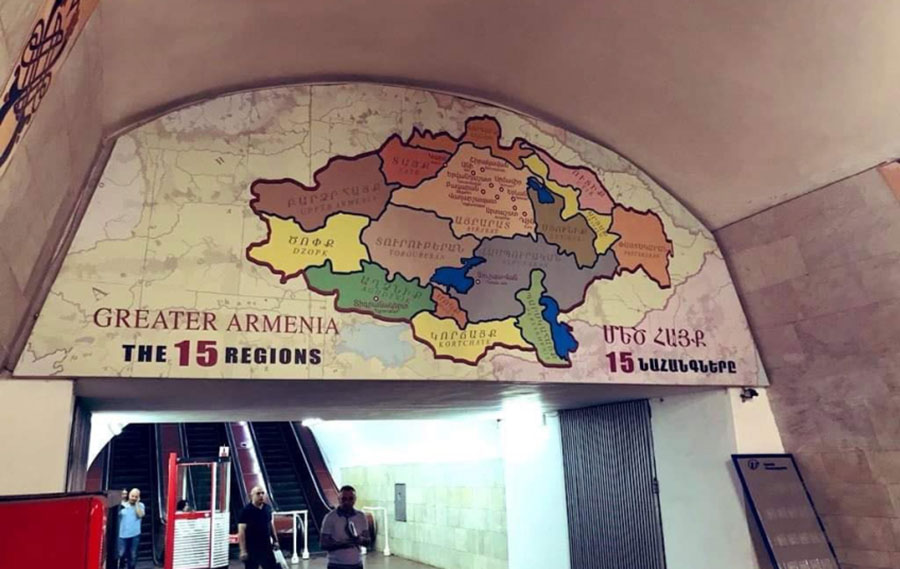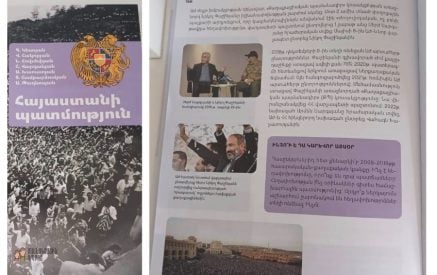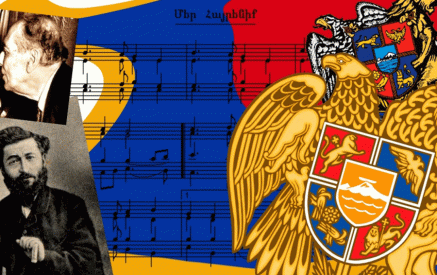The faction that rose to power in Armenia in 2018, steering the country through severe defeats and other trials and temptations, regularly introduces new narratives and discourses into the arena. This serves to divert the public’s attention from our real losses and the true perpetrators responsible for them — namely, themselves. The latest rhetoric revolves around the “contradictions” between the terms ‘state’ and ‘homeland.’
Essentially, this suggests that the ideas of homeland instilled in us through textbooks, songs, and literature do not align with the actual borders of the Armenian state today. This situation both agitates our neighbors, who perceive territorial ambitions, and leads Armenia’s authorities to prioritize vain dreams over the country’s actual development, as recognized by the international community and stipulated by international conditions.
Consequently, we’re urged to relinquish our national symbols, historical narratives, and pages of our liberation struggle. It’s likely that Armenian studies textbooks will undergo revision, films depicting heroic episodes of Armenian history might face bans, and numerous paintings from the national gallery may be relocated to storage, or worse, destroyed. This is expected to occur as long as the current regime remains in power.
It is evident that our neighbors, particularly Azerbaijan with Turkey’s support, refuse to acknowledge even Armenia’s existing borders. They go as far as claiming Yerevan, labeling the entire Armenian territory as “Western Azerbaijan.” Therefore, it is naive to assume that accepting their demands will deter them from their century-old idee fixe on creating a “Great Turkic World.” Yet, within this discourse, it is pertinent to contemplate the essence of Homeland itself.
Read also
The notion of a “small homeland” dates back to ancient times; it’s the birthplace of an individual, intertwined with childhood memories and familiar, symbolic natural elements. In contrast, the concept of a “Great homeland” emerged in the 18th and 19th centuries, supposedly aligning with state borders. With the shift towards governance by citizens rather than subjects, sovereign states emerged, emphasizing the importance of citizen participation in governance through elections.
The foundation of sovereign states lies in sovereign citizens, with whom authorities must engage in dialogue. This era saw the rise of literary languages, unified national cultures, and compulsory education. The idea of a “Great homeland” was propagated through songs, textbooks, and films, particularly emphasizing the willingness of soldiers to sacrifice for their homeland in wars.
The mystical connection and sentiments surrounding the concept of a “Big homeland” should ideally stem from the logic of a “Small homeland” and permeate the entire nation.
However, the faction that came to power from streets in Armenia in 2018, burdened by liberal and cosmopolitan ideals and foreign influences, is undermining the notion of a “Small homeland.” They disregard historical memories and national symbols in favor of promoting “state patriotism” confined to a mere 29,800 sq. km, or perhaps even less over time. In essence, they are attempting to reverse the natural progression of the concept of homeland.
ACNIS
The Armenian Center for National and International Studies























































